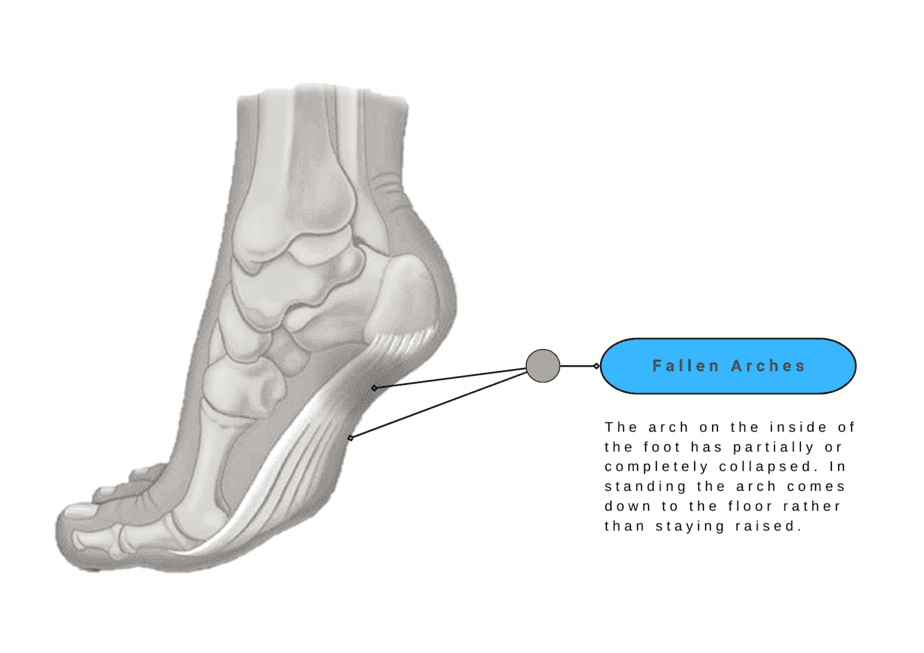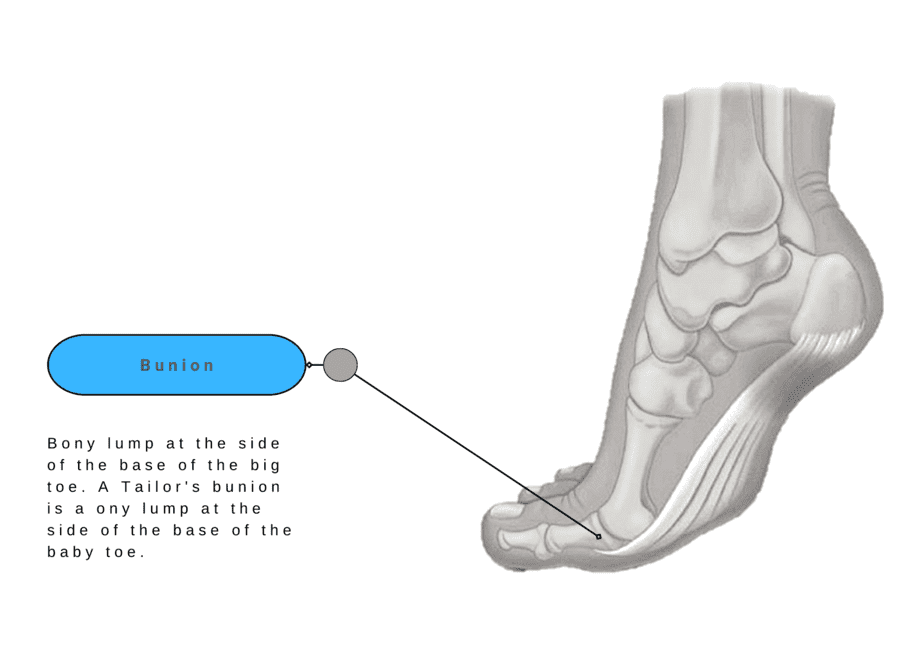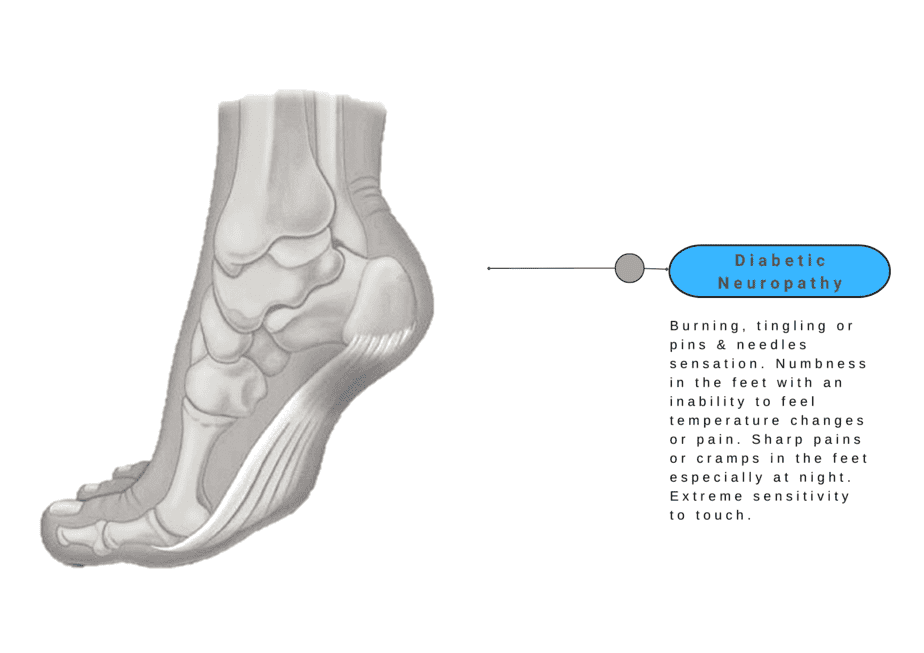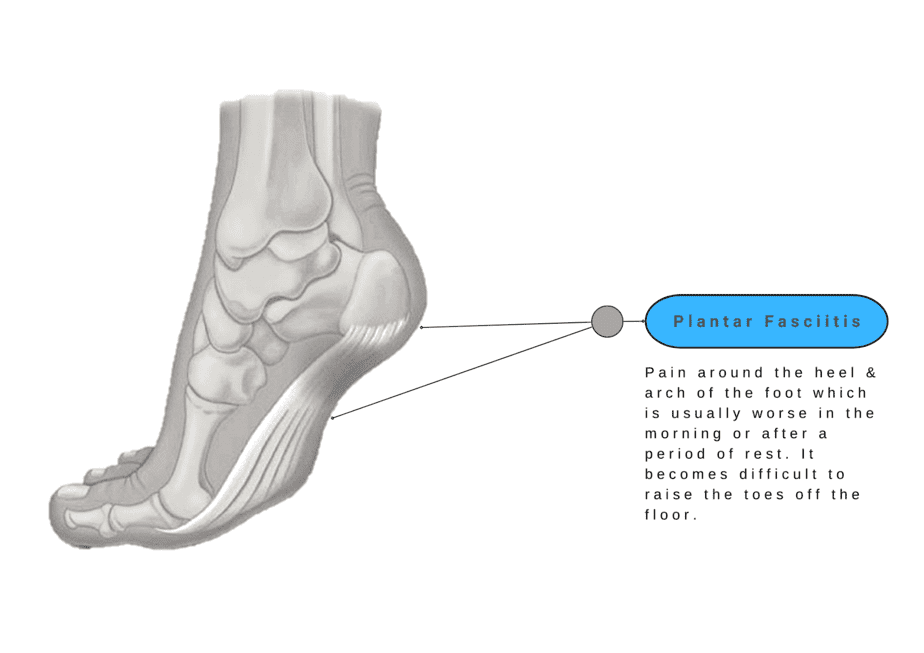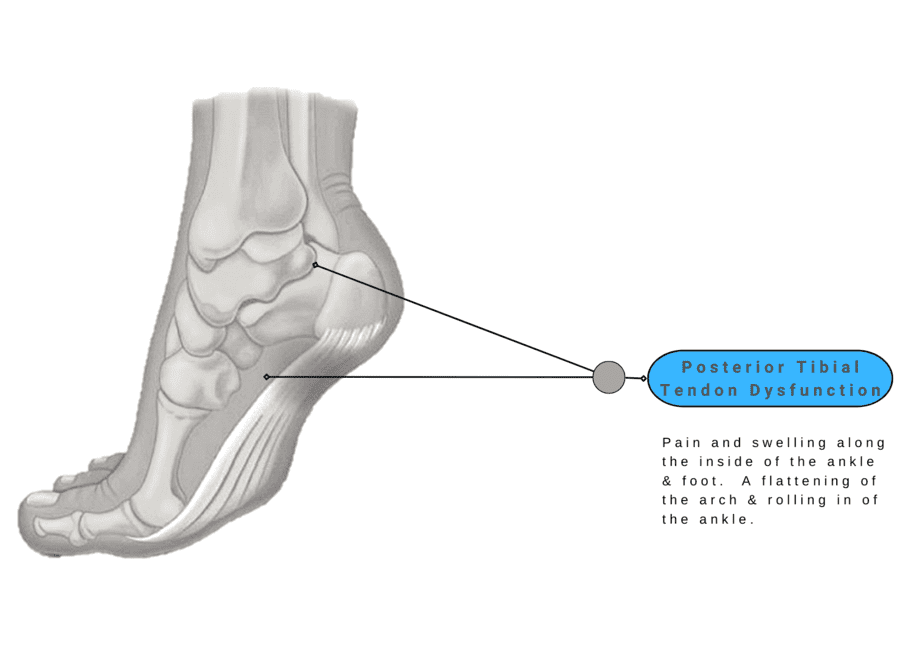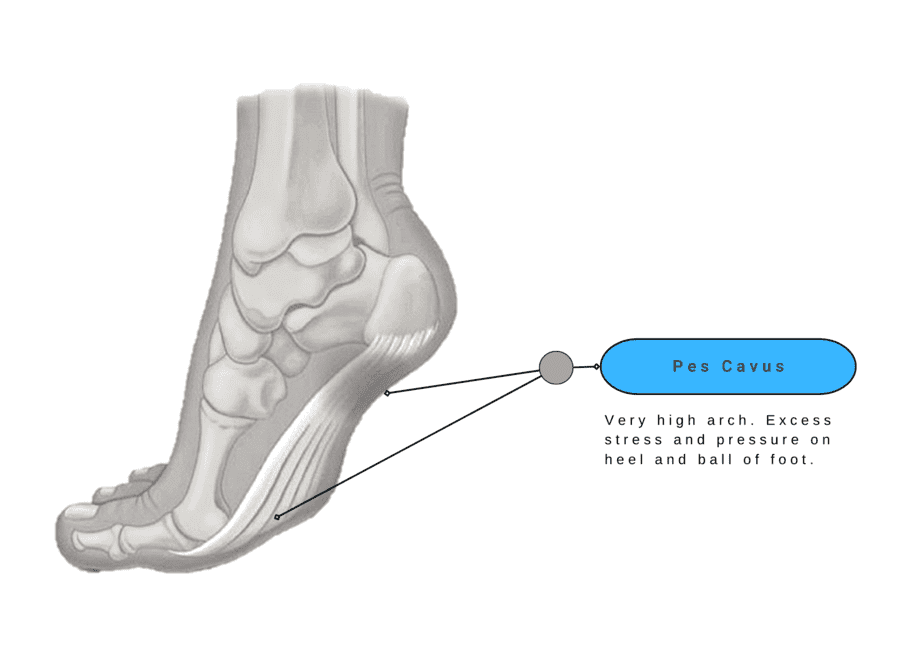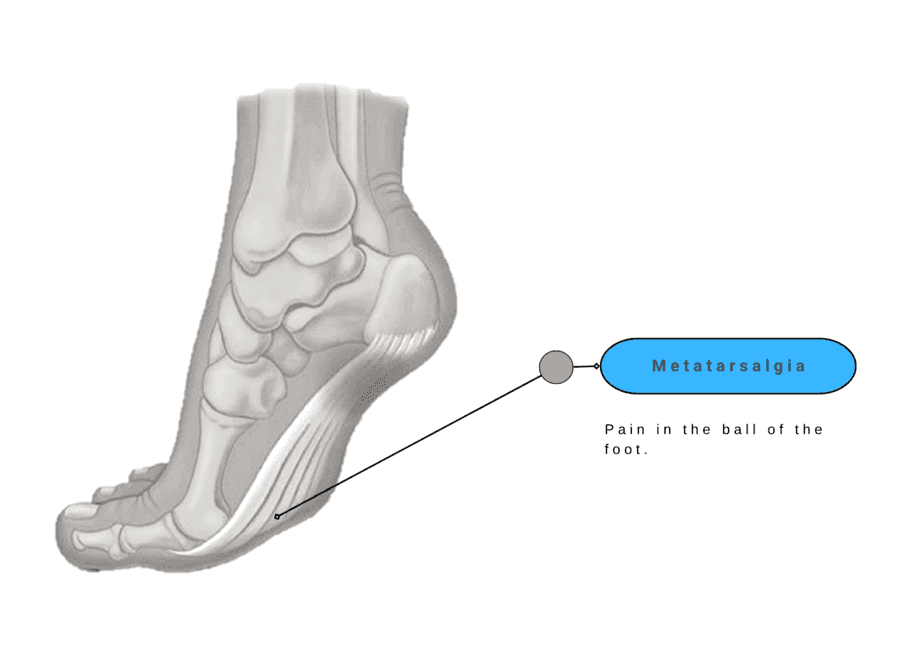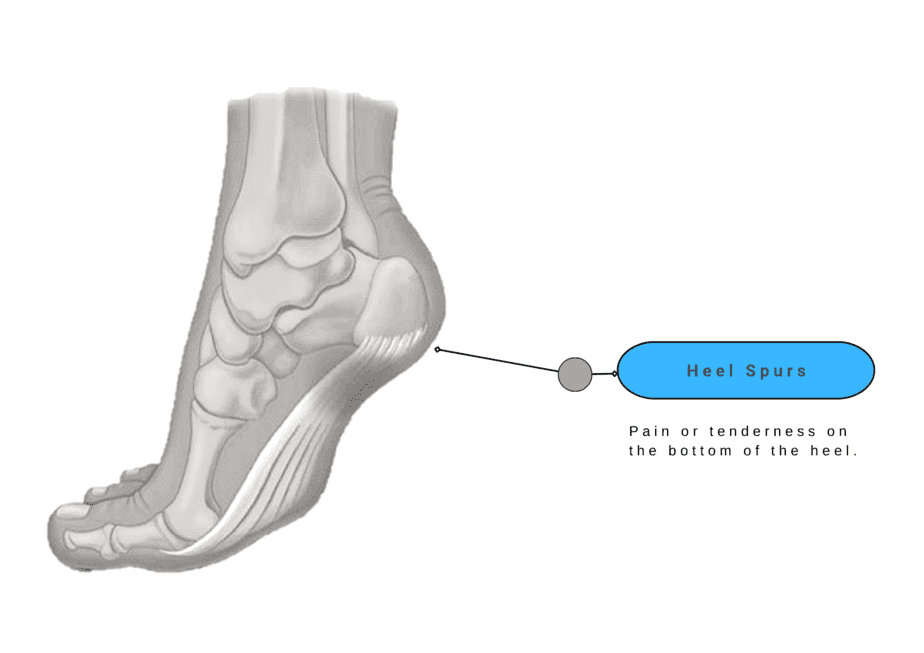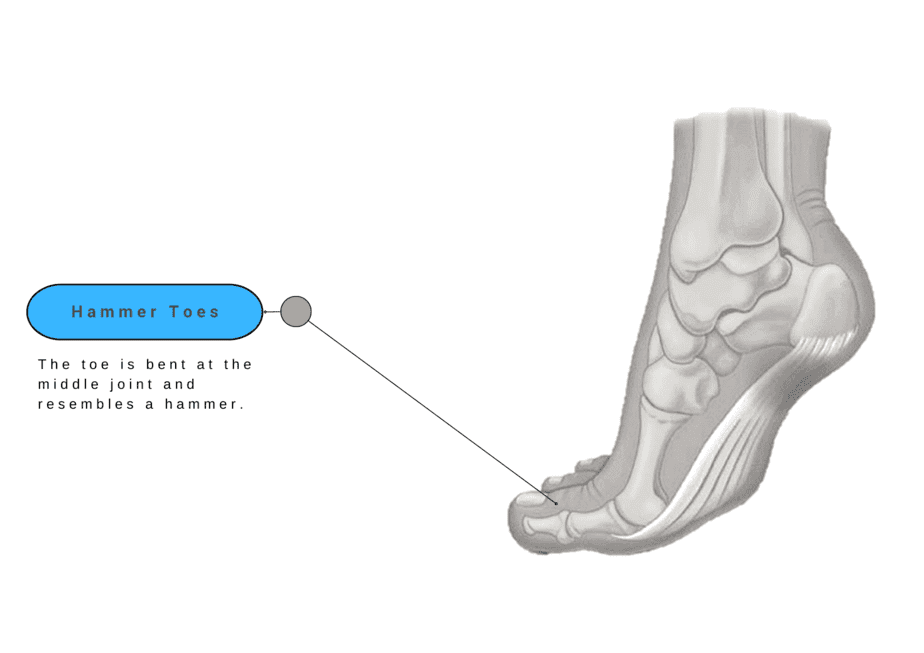Our latest articles
Foot Pain – Fallen Arches
Fallen Arches Pes planus is the correct term for flat feet or fallen arches. In this condition, the inside of the foot has little to no arch. The inside of…
Foot Pain – Bunion
Bunion A bony growth on the side of the foot that progresses in size is called a bunion. Hallux valgus is another name for the most prevalent bunion. This…
Foot Pain – Diabetic Neuropathy
Diabetic Neuropathy Diabetes can cause neuropathy, where high blood sugar damages nerves and blood vessels, leading to varying symptoms depending on the affected nerve. Up to 50% of diabetics…
Foot Pain – Plantar Fasciitis
Plantar Fasciitis Plantar fasciitis occurs when the thick band of fibrous tissue (plantar fascia) that attaches your heel to your toes becomes inflamed. The plantar fascia supports the main arch…
Foot Pain – Posterior Tibial Tendon Dysfunction
Posterior Tibial Tendon Dysfunction The tibialis posterior muscle supports the foot arch, turns the foot inward, and points it downward. When the tendon is stressed, it can become inflamed…
Foot Pain – Pes Cavus
Pes Cavus The opposite of a flat foot, a pes cavus foot is characterized by an abnormally high arch on the inside of the foot and can affect one…
Foot Pain – Metatarsalgia
Metatarsalgia Metatarsalgia is a condition characterized by pain in the metatarsals or the ball of the foot. This pain is often described as sharp, burning or aching and may…
Foot Pain – Heel Spurs
Heel Spurs A heel spur is a bony growth that develops on the base of the heel due to repeated stress and strain on the ligaments and tendons around…
Foot Pain – Hammer Toes
Hammer Toes A hammer toe is a condition where a toe bends at the middle joint, causing the end of the toe to angle downward instead of remaining straight.…

